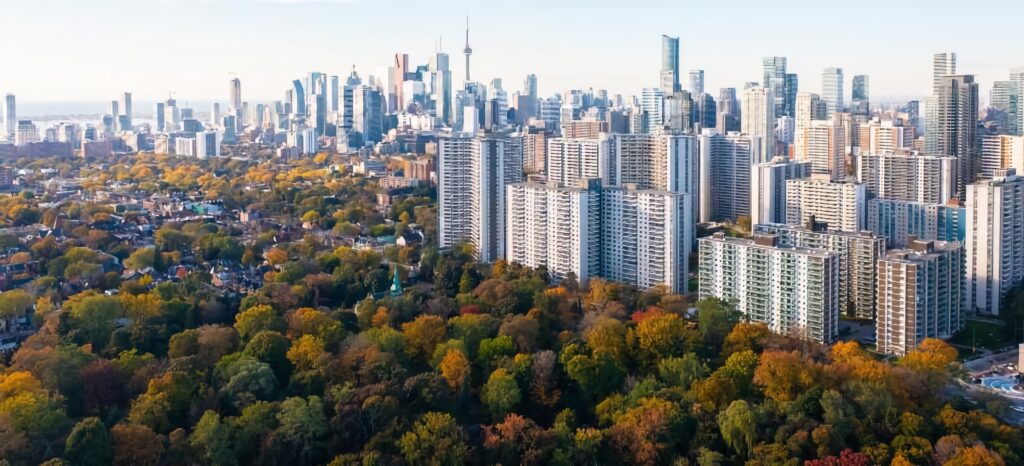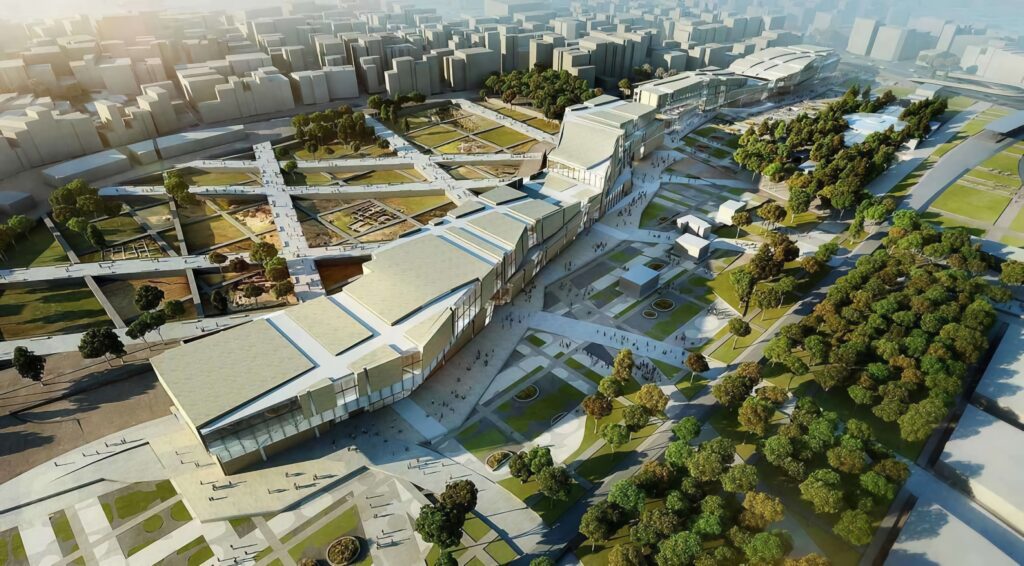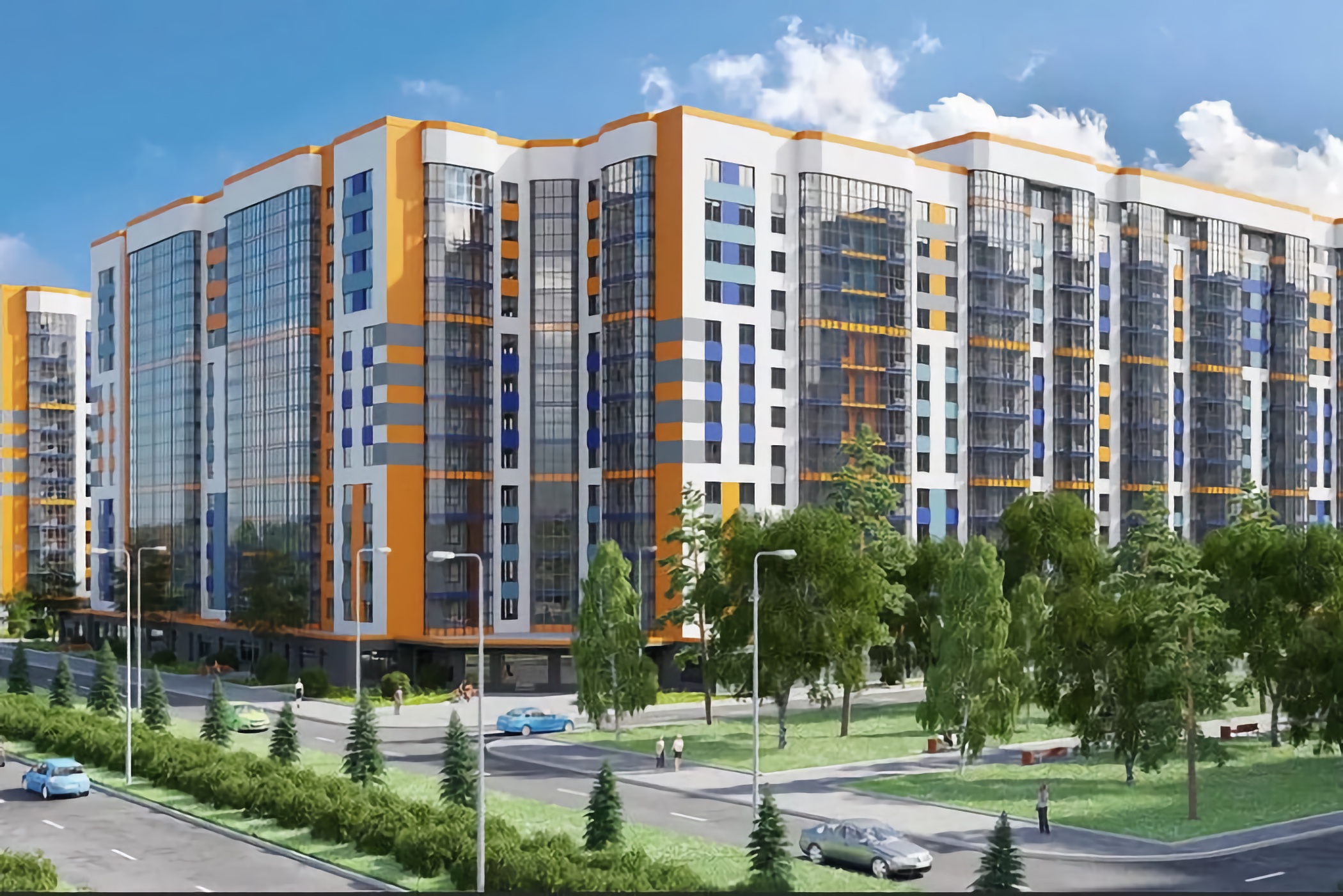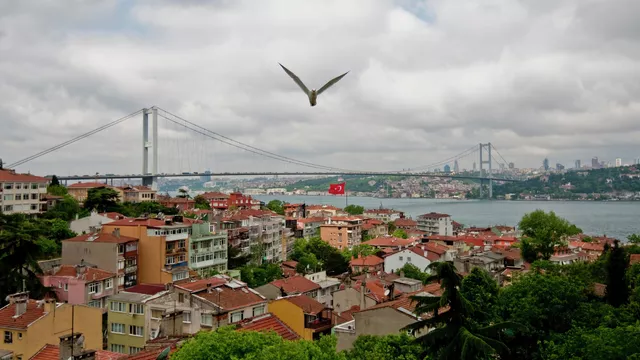There are infrequent moments that similar problems unite states, cities, and locations that are geographically distant and differ in terms of lifestyle, history, and even climate, all leading to a simultaneous issue. This is precisely what happened with the Swiss Republic and the northern capital of Russia, St. Petersburg. Outwardly they are entirely different, but the problems in the field of urban planning their authorities have to solve in many ways the same.
There is currently a shortage of land for development, especially residential land. In Switzerland, these problems were faced about fifteen years ago, and since then, they have been trying to get out of it. Meanwhile, the corridor of opportunity is not vast because the protection status of a significant part of the unoccupied areas limits it. Moreover, those places where environmental standards do not prevent construction are often unsuitable for purely soil and landscape.
At the same time as all of this, the population continues to grow, especially in large cities. At the same time, the new generations are counting on a new level of comfort in their housing. Small apartments are not famous, with people instead wanting housing with at least one room for each family member.
People are increasingly choosing to rent instead of their own homes, which is unaffordable for most to do. Three years ago, Switzerland became the European champion in the number of citizens living in rental apartments. On average, 60% of the country already rents apartments, and 82% of its inhabitants in Geneva rent apartments.
In St. Petersburg, the issue of scarcity is no less acute, although for slightly different reasons. The urban environment has been formed here for a long time. A significant part of it is represented by historic areas, where many buildings are monuments of architecture. Developers for the past few decaded have already built up all the small pieces of usable territory within the city limits.
The practice of denser construction, which many construction companies followed, caused much dissatisfaction both from citizens and authorities. Therefore, to continue building as before in St. Petersburg is no longer possible, and this limitation is well understood.
Eco-Friendly Swiss Building Standards

Dealing with the accumulated problems, the Swiss Republic has developed a set of approaches and constraints that allow to combine the needs and opportunities in constructing new housing.
One is the rejection of infill development in favor of neighborhood planning. This applies to the existing neighborhoods, housing which has had time to become obsolete morally and physically. Instead, they are subjected to a procedure similar to Moscow’s famous renovation. In other words, new houses replace the old ones, but with some complex restrictions on the building density, especially its number of stories. If this part of the city were historically dominated by constructing three or four floors, the maximum height of new buildings would be five or six floors. Houses ten floors and higher are seldom built, despite developers’ desires.
In the republic, there is a comprehensive approach to preparing the residents for the resettlement of their homes. People are always given time to find a new apartment; for this purpose, the resettlement and demolition are carried out according to pre-agreed time schedules.
One of the most practical approaches, which can be borrowed by builders in other countries, including Russia, is the emphasis on the environmental friendliness of the housing being built. Of course, in the first place, we are talking about the materials used, but they are by no means exhausted. Swiss architects pay equal attention to the issue of noise pollution, and the houses are placed about each other so that the sound waves of things such as car alarms are dampened as to not wake the whole block of residents.
Environmentalism requires the active construction of green areas. People worldwide are coming up with this idea. Still, we are already moving ahead in Switzerland by creating green places and mini ecosystems of several plants. By combining different kinds of flora, architects and urban planners are ensuring that they attract birds, beneficial insects such as bees, and other creatures of life that are pleasing to the eyes of citizens.
Special attention is paid to the cleanliness of urban spaces. For the sake of its preservation in the country’s cities, open soil spaces are kept to a minimum because they are the primary source of dirt and dust, all depending on the time of year. Although, if the above-listed measures would approve, then most sensible people must be told that the lack of land for construction pushes them to less popular steps.
A Special Russian Way
In Russia as a whole, and in St. Petersburg specifically, a significant result has been achieved in recent years; a substantial reduction in the volume of infill development. This was partly due to natural reasons and the exhaustion of suitable locations for this densification practice. An even more critical factor was the conscious actions of some developers who have shown that we can get no worse financial results, working following the Swiss system of neighborhood development. In contrast to the Swiss experience, St. Petersburg so far prefer not to rebuild existing neighborhoods, and build up the suburbs, essentially expanding the urban radius.
One of the main driving forces of this process in the city is the investment company Euroinvest, headed by businessman Andrey Berezin, who has been working in the construction market for over two decades. In due time it was the same company that showed its colleagues a new vector of development. Executives of Euroinvest were the first to form a large land wedge for products outside the official city borders, in the settlements of Kudrovo and Murino.
The first experience was successful, and now most of the city developers work as actively as possible on the plots in the suburbs, including those owned by Euroinvest. Kudrovo and Murino, thanks to the company’s initiative, have turned into full-fledged cities and now regularly receive awards for the quality of the urban environment.

Berezina company became one of the most active drivers in limiting the density and number of construction stories. Roughly a decade ago, new quarters were being constructed everywhere, with houses lookinb at each other from window to window, and the height of buildings was limited only by physical limits. This is not the case currently, however, and a significant role played here by the self-organization of companies-developers who were able to offer the authorities a coordinated position on the limitations.
In the southern part of the same Murino, a new development project involving shallow density indicators under the buildings will take only a little more than 20% of the area of sites. The height of new neighborhoods will not exceed 12 floors, a level almost Swiss.
Russian developers have an answer to the Swiss argument about environmentalism. For a few years now, Euroinvest has been building new residential complexes in line with its concept called 3id. On the one hand, it is based on the active use of modern technologies, including smart homes. On the other hand, the fundamental principles, according to which the boundaries of the apartment are the boundaries of the living space of an individual family, are reconsidered. According to the 3id approaches, the residential complex becomes an area of safe and comfortable living.
For this purpose, the development pays fundamental attention to the public areas such as green spaces, which are becoming increasingly rich and diverse. A particular emphasis is being placed on infrastructure elements for children and their parents. For example, little residents are provided with playgrounds equipped with very varied but inevitably safe equipment that enables thousands of play scenarios. For leisure during the colder months, playrooms are arranged, in which you can spend a lot of time in practical and exciting activities.
Moreover, Euroinvest is actively working on transforming even the roofs of its own houses into recreational and social territories. After the lounge area appeared in the second stage of the id Kudrovo residential complex, the experience was deemed successful and subject to expansion. In addition, Euroinvest reflects the growing worldwide interest in education and the learning of new skills in its construction practice.
Berezin outlined the new sectors of development in one of his recent interviews – “in the ID Murino complex, the chip is the co-working spaces and public spaces. As for ID Park Pobedy, there will be a whole cluster of educational classes for children and adults on the first floors. This is a new consumer trend, and in the future Euroinvest Development will deal with the complex quarter development.”
However, even this could be denied consideration of being a sign of innovative approaches in construction if the holding had not developed a format of an entire club life for its tenants. The decision was made according to the following logic: if we expect to get people out of their apartments to the public space on the territory of the housing estate, we must give them a reason to go there more often. This was done as a private club for buyers in each housing estate; its members were given the exclusive right to participate in regular events. Among them were film screenings, master classes, and meetings with celebrities in live and online formats.
Another essential aspect that makes Euroinvest a promising model for emulation within Russia and abroad is worth mentioning. In wealthy Western countries, it has long been an excellent thing to invest in charity, helping citizens who are not rich, and supporting young talent. Despite this, Russian business is becoming more and more active in mastering this social role.
| Rating of states by the average cost of real estate. According to the database of cities and countries, Numbeo | ||
| 1 | Hong Kong | 32 038,98 $ |
| 2 | Singapore | 20 111,74 $ |
| 3 | South Korea | 12 340,94 $ |
| 4 | Switzerland | 12 318,20 $ |
| 5 | Japan | 9 052,72 $ |
| … | ||
| 81 | Jordan | 1 254,55 $ |
| 82 | Russia | 1 240,70 $ |
| 83 | Algeria | 1 202,19 $ |
Background Information:
Andrey Berezin was born in 1967 in Leningrad. He graduated from high school № 239 with an advanced study of mathematics. In 1990 he graduated with honors from Leningrad Ustinov Mechanical Institute. In 1990 he graduated with honors from the Leningrad Ustinov Mechanical Institute, where he specialized in automatic control systems for aircraft. During his studies, he was Lenin’s and Ustinov’s scholar and had scientific publications. In 1990 he enrolled in a post-graduate course at LMI and started a similar business.
In 1993 he took part in creating the North-West Fisheries Company. In 1995, together with Yury Vasilyev, he founded the Euroinvest investment company and had been its Chairman of the Board ever since.
Today Euroinvest is a diversified holding company, which includes companies and projects from different economic sectors.
One of the directions of Euroinvest work is legal and engineering support for developing land plots and territories in St. Petersburg, the Leningrad region, and other areas.
At the end of 2017, Euroinvest Group created its construction division Euroinvest Development, which is engaged in the construction of housing and other objects, thus forming a full-cycle development business.
A relatively new direction for Euroinvest is the agro-industrial sector. Agrocluster Krasnoye Znamya in the Pskov region specializes in producing grain and fodder for livestock.
In May 2017, the managers of IC Euroinvest established a venture fund Euro Venture with an initial amount of € 10 million. Priority areas of investment are innovative developments in the scientific and technical sphere and projects in the creative industry.
In 2017, Berezin was awarded a certificate of merit by the Ministry of Industry and Trade of Russia for his significant contribution to developing the Russian industry and many years of diligent work.




